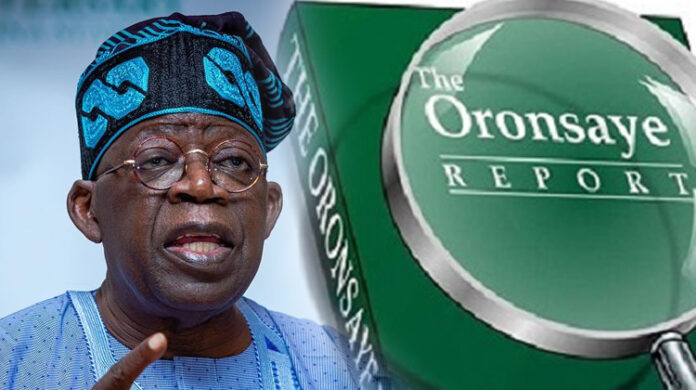Estimated reading time: 3 minutes
Nigeria, often referred to as the “Giant of Africa,” is a country with immense potential and resources. However, in recent years, the nation has been facing significant economic challenges that have led to widespread hardship for its citizens.
From inflation to unemployment, Nigeria’s economy has been struggling to stay afloat. In this News Round the Clock (NRTC) article, we will explore the root causes of Nigeria’s economic hardship and discuss potential paths forward to help the country recover and thrive once again.
One of the key factors contributing to Nigeria’s economic hardship is its heavy dependence on oil revenue. The country is one of the largest oil producers in Africa, and oil exports have historically been a major source of revenue for the government.
However, fluctuations in global oil prices have had a significant impact on Nigeria’s economy, leading to periods of boom and bust. When oil prices are high, the government has more money to spend on infrastructure and social programs.
But when prices drop, as they did in 2014, the economy suffers, and the government is forced to cut spending, leading to job losses and reduced economic growth.
Another issue facing Nigeria’s economy is corruption. Corruption is pervasive at all levels of government and society, leading to the mismanagement of public funds and hindering economic development.
The lack of transparency and accountability in government institutions has eroded public trust and discouraged foreign investment. Without addressing corruption, Nigeria will continue to struggle to attract the investment needed to drive economic growth and create jobs.
In addition to these systemic issues, Nigeria also faces challenges such as inadequate infrastructure, a growing population, and high levels of poverty.
The country’s infrastructure is in dire need of repair and expansion, with power outages and poor road networks hindering economic activity. The population is growing rapidly, putting pressure on social services and employment opportunities. And poverty remains a widespread issue, with millions of Nigerians living below the poverty line.
So, what is the path forward for Nigeria? To address its economic hardship and set the country on a path to sustainable growth, Nigeria must undertake a series of reforms. First and foremost, the government must diversify the economy away from its reliance on oil.
Also Read: Nigeria at 63 – Triumphs, trials, and trends
This means investing in other sectors such as agriculture, manufacturing, and services to create new sources of revenue and employment. Diversification will make Nigeria’s economy more resilient to external shocks and less vulnerable to fluctuations in oil prices.
Secondly, Nigeria must tackle corruption head-on. Government must enforce anti-corruption laws, punish officials, and ensure transparency and accountability across society’s sectors. Combatting corruption in Nigeria fosters trust, invites investment, and cultivates an environment conducive to economic expansion and development.
Furthermore, Nigeria must invest in its infrastructure to support economic development. This includes upgrading roads, bridges, ports, and power plants to facilitate the movement of goods and people. Improving infrastructure will not only boost economic activity but also create jobs and improve living standards for all Nigerians.
Lastly, Nigeria must prioritize social programs to address poverty and inequality. Investing in education, healthcare, and social welfare empowers citizens, fostering economic participation and building an inclusive society. Lifting Nigerians from poverty, providing tools for success unlocks human capital, driving economic growth.
In conclusion, Nigeria’s economic hardship is a complex issue that requires a comprehensive and coordinated response. Diversifying economy, fighting corruption, investing in infrastructure, prioritizing social programs can help Nigeria overcome challenges and prosper. With the right policies and political will, Nigeria can emerge stronger and more resilient than ever before.







